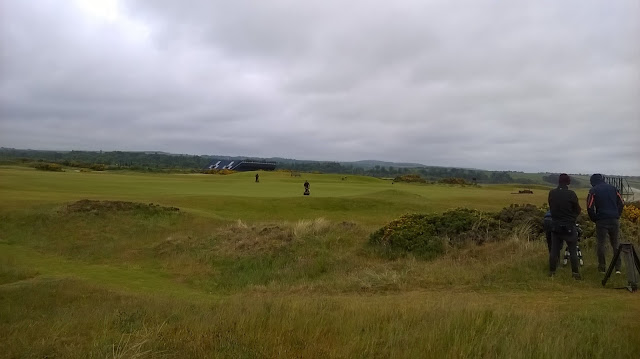Like so many Canadians of my generation, my first brush with
European hockey was in hockey card sets in my younger years.
O-Pee-Chee had its special Red Army set, filled with long
polysyllabic names and those cool CCCP jerseys. When the Berlin Wall came down,
we were treated to more strange unpronounceable names in the card sets and on
the hockey broadcasts – the French announcers on Radio Canada had real trouble
with the Slavic names.
As the years went by, Swedes, Slovaks, Finns, and Czechs all
became a part of the game in Canada. Everyone became accustomed to the names,
even those tongue-tied French announcers. No matter what any facemask-hating
hockey commentator might say, and no matter how long it took Noreth America to notice, there has been good hockey in Europe for decades.
That sentiment took Teak and I to seek hockey in Prague.
Lev Praha is one of the Russian Kontinental Hockey League’s recent
expansion teams in Central Europe (Zagrab is another new one, Bratislava’s
first season was last year). Watching Lev Praha play some good old hockey was
going to be our original plan, but they were on a road trip into the vast
wastes of Russia, and road trips in the KHL can last as long as a month because
of the distances between franchises. We settled on watching Sparta Praha, a
113-year-old team in the Czech Extraliga, the Czech Republic’s national hockey
league. Sparta is first in the league, and we bought tickets for a home game
against the Pirates of Chomutov, the league’s last place team.
.
It was a blow-out, 9-0, but it was damn good hockey. Not
as physical as we’re accustomed to in the North American game and its smaller
rink. They move the puck fast and set up great plays, despite the big ice, plus there was almost a fight – on
two occasions. Good hockey.
Back in Toronto – my apologies for comparing, but I can’t help it
– if I wanted to catch a professional hockey game, like the Maple Leafs of Toronto, I
would be shelling out $100 per ticket. If I wanted to drink a beer (and sometimes you
need several watching the Leafs), that would be $12 a pop. I couldn't tell what a hot dog would cost and I'm afraid to find out.
A better Toronto option would be watching the Leafs’ minor league
team, the Marlies, who consistently play good hockey. Cheap seats are about $15
a ticket. Beers, unless you’re sneaking in travelers, aren’t cheap though.
In Prague, we spent about $10 for good seats. We had little time between the game and our arrival in Prague to
do anything more than check into the hotel and rush to the arena. This meant we
ate eat at the arena, something I usually avoid. We managed to get a decent
sausage with a slice of rye for $3. Then there were the beers: $2 a pop.
Sorry, Toronto.
What made the game special were the fans. This is
a 113-year-old hockey club, so there is probably a lot of heritage. Sparta Praha’s following is incredibly enthusiastic. The standing booster section was at the end, with banners, flags and, thankfully, no vuvuzelas.
Everyone in the arena chanted, well, chants that everyone in the arena seemed to know and wore the
team’s swag. Everyone save for the two foreigners – although Teak bought and wore a Sparta
jersey. There was a real energy in the place. For every goal scored – and remember there
were nine unanswered goals – the crowded erupted as if every one mattered as
much as a sudden death overtime goal.
There were families with young children, young couples smooching
between plays, drunken high schoolers double-fisting beers, and old guys who
looked like they were around for the club’s first game – oh, and the two aforementioned foreigners.
After the final buzzer and the handshakes, the entire Sparta Praha
team stayed on the ice for a while and saluted the fans, who were all on their
feet and singing what I am guessing was the team song (my Czech isn’t so good).
I went from a casual hockey fan to a Sparta fan right there.
 |
"Dobrý
den venku! Jsme na vzduchu,
Je
to Hockey Night večer..."
--Stompin' Tom in Czech |
 |
A near fight,
which is as close to a fight you will get in European Hockey. |
 |
| The team came out and sang a song, it could have been the Hockey Song |
 |
| Teak looking like a real Czech hockey fan in his new jersey. |










